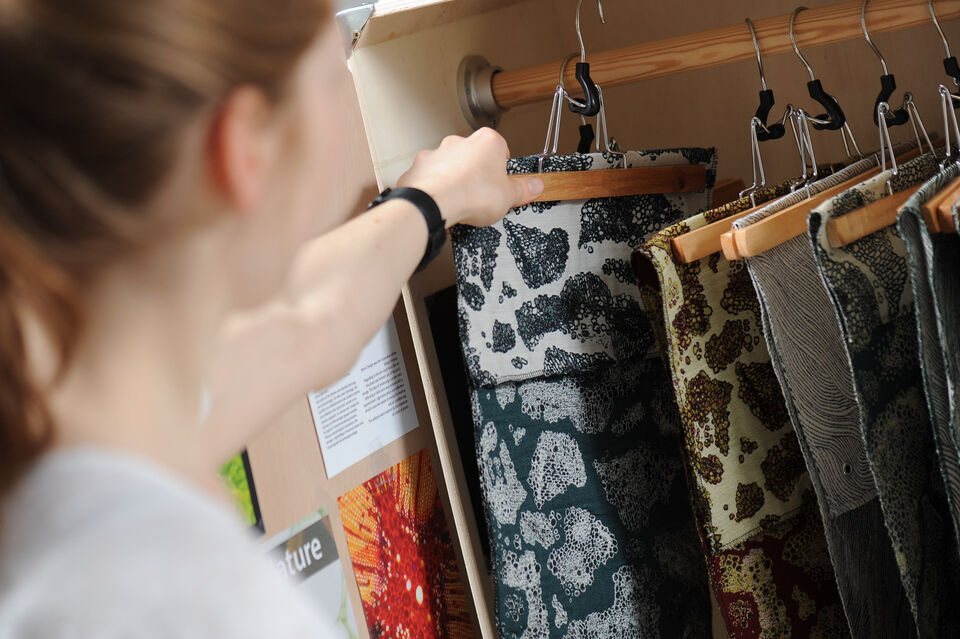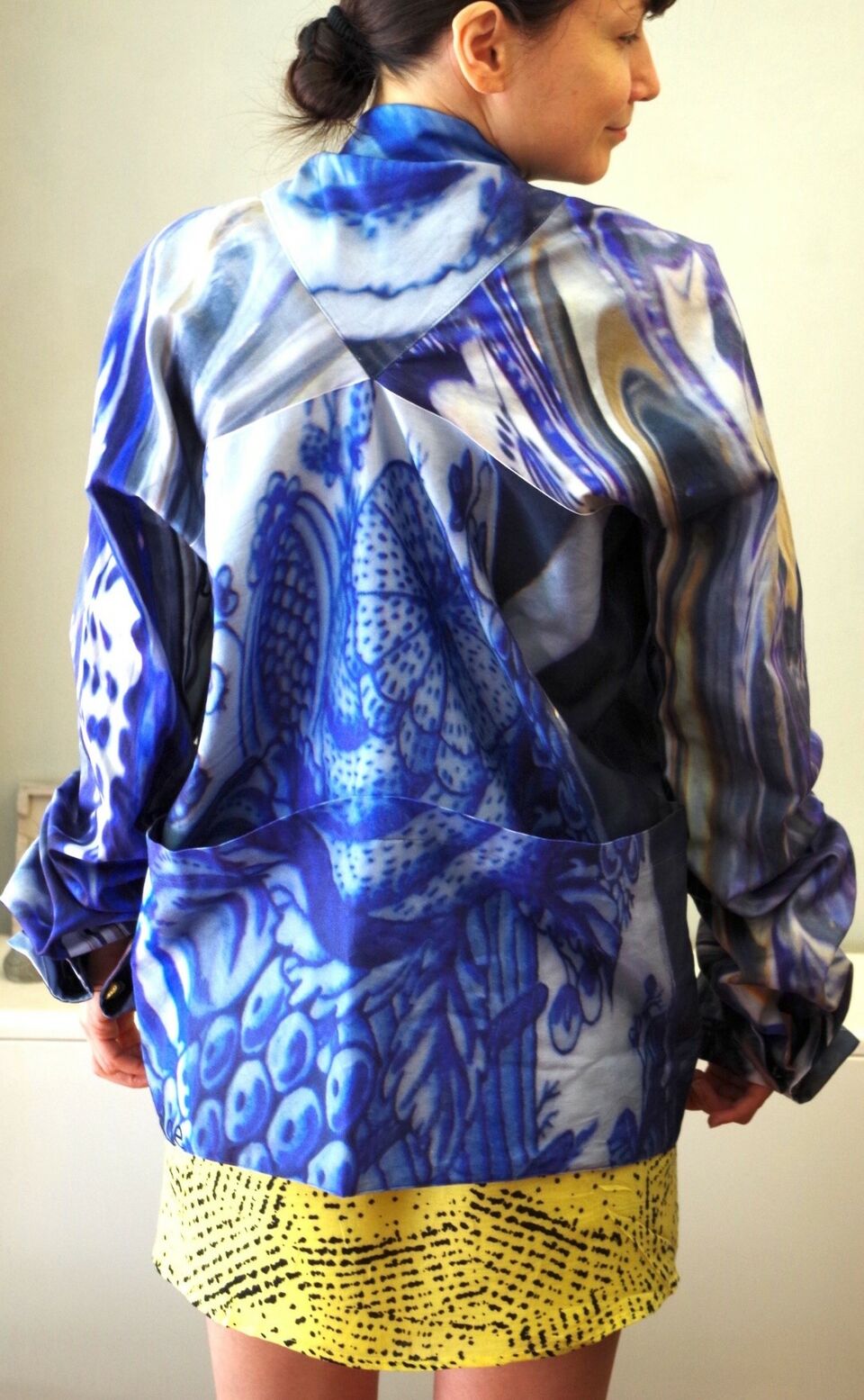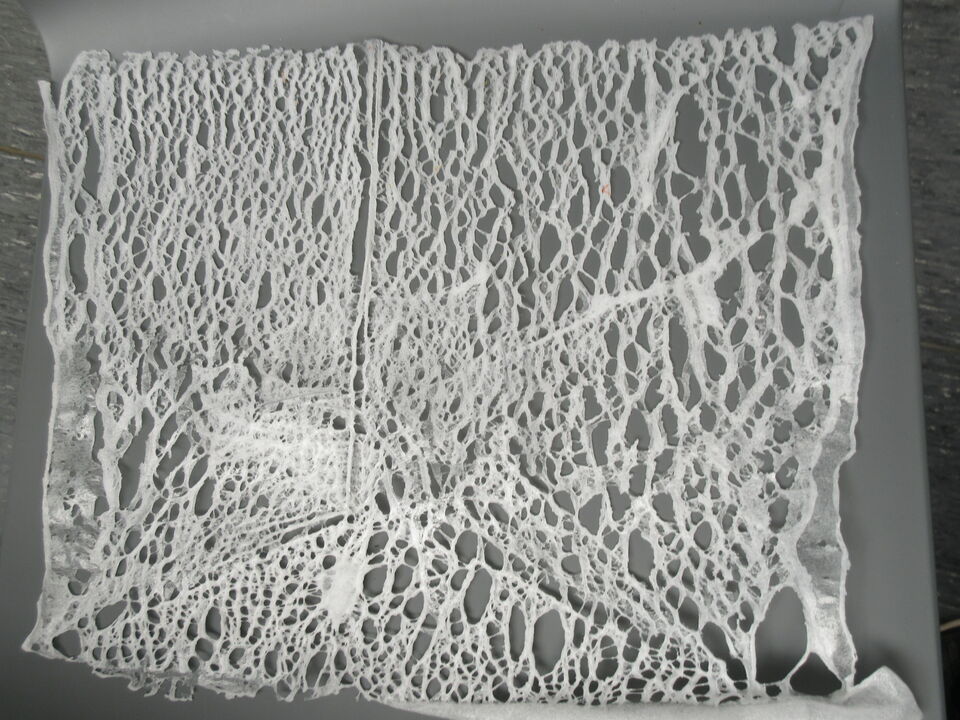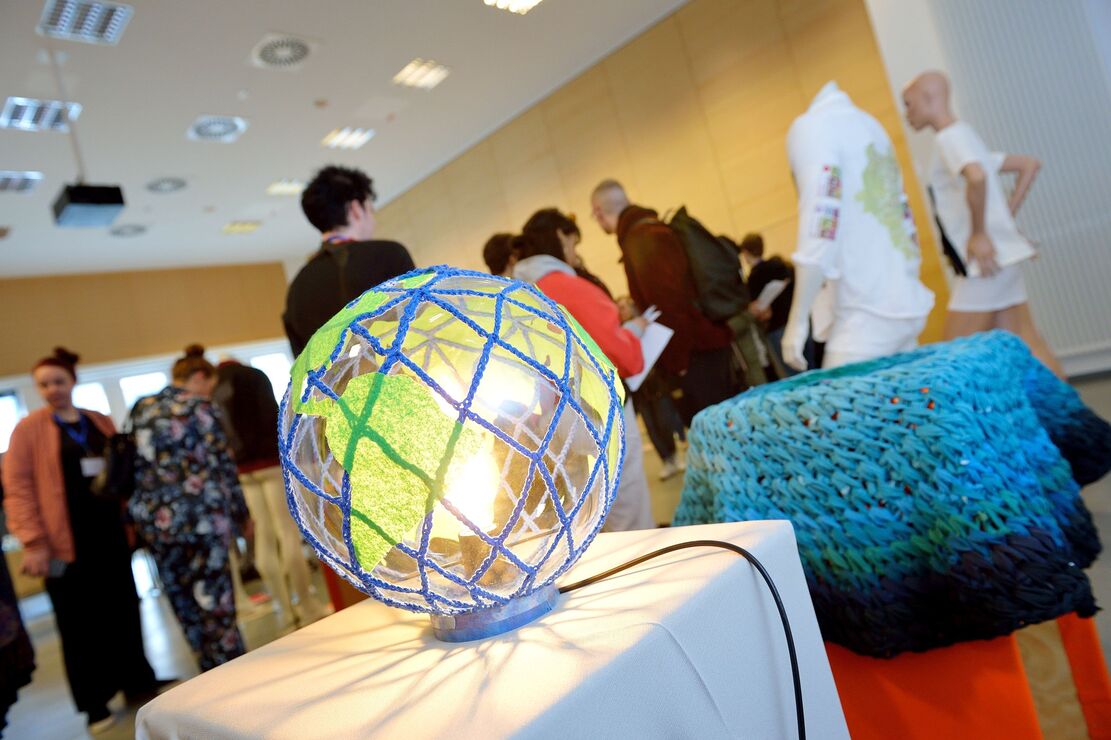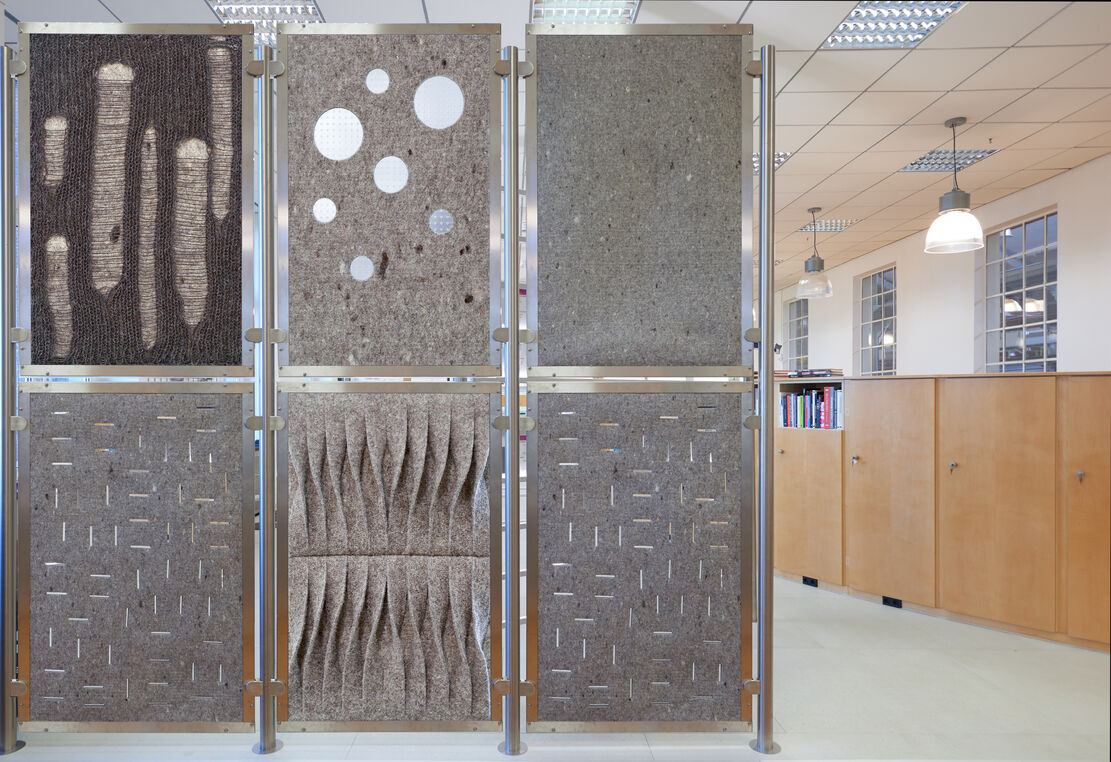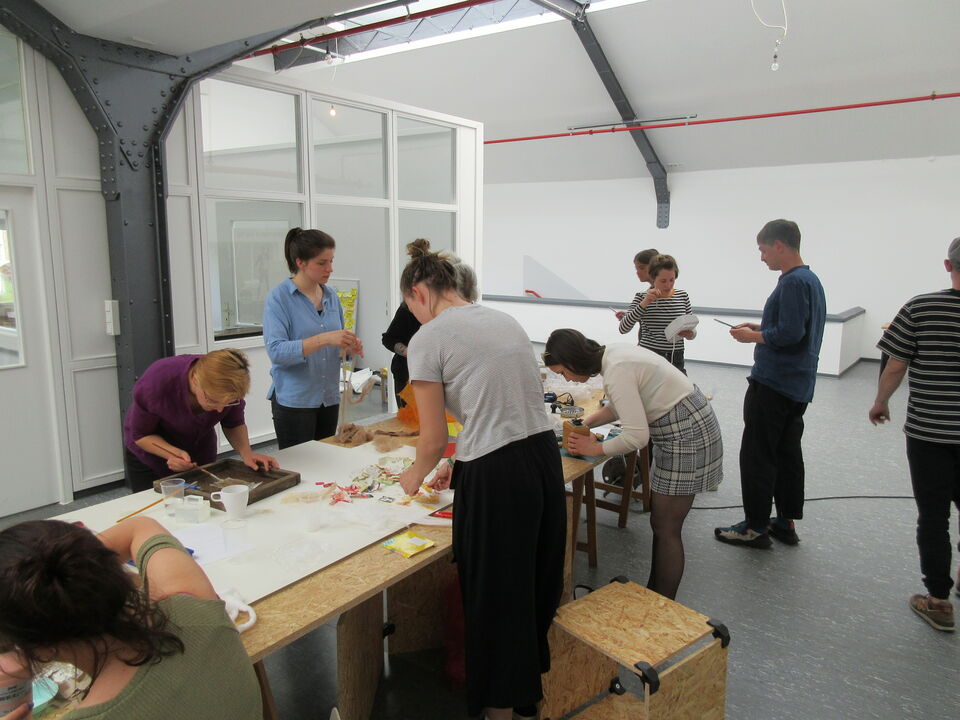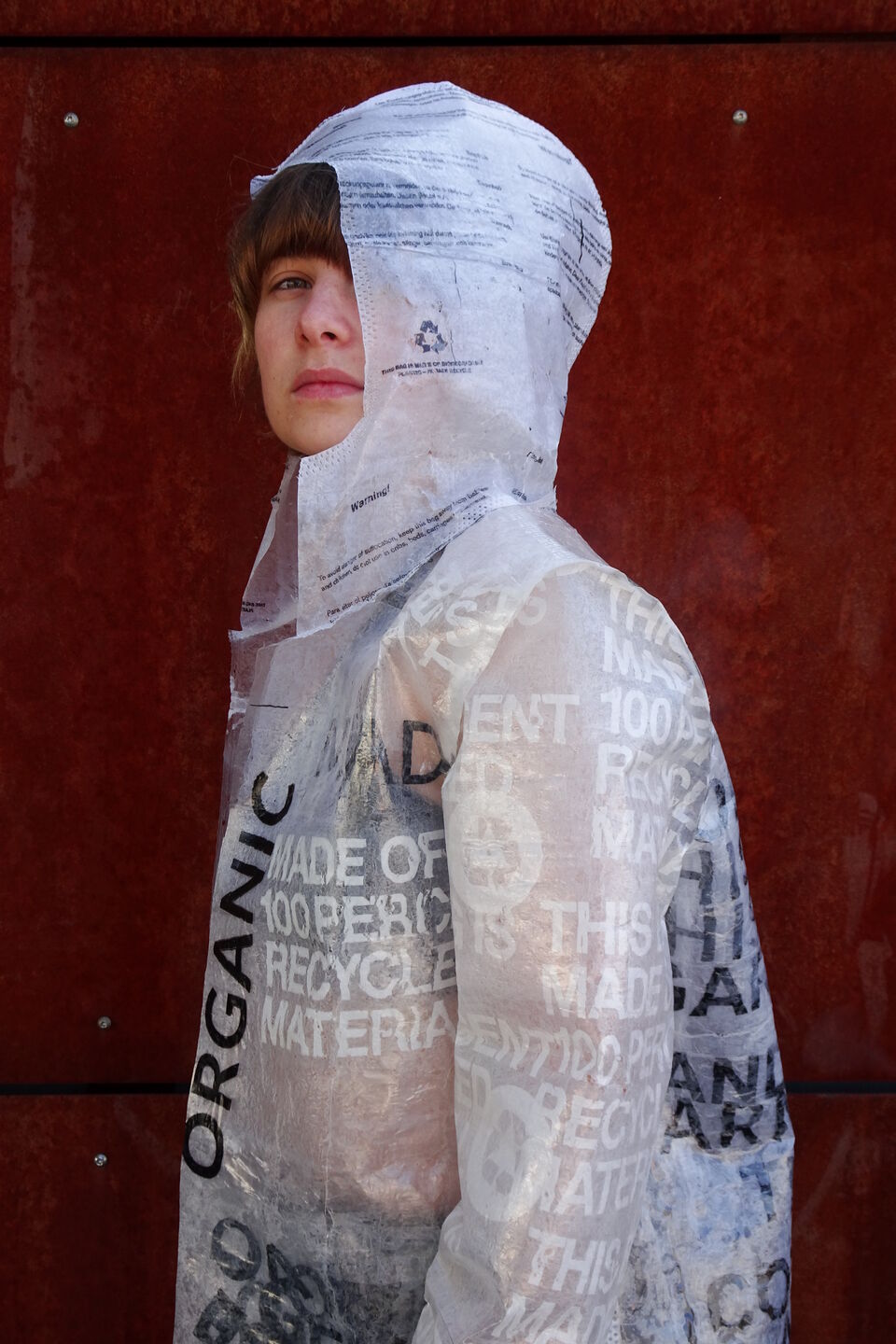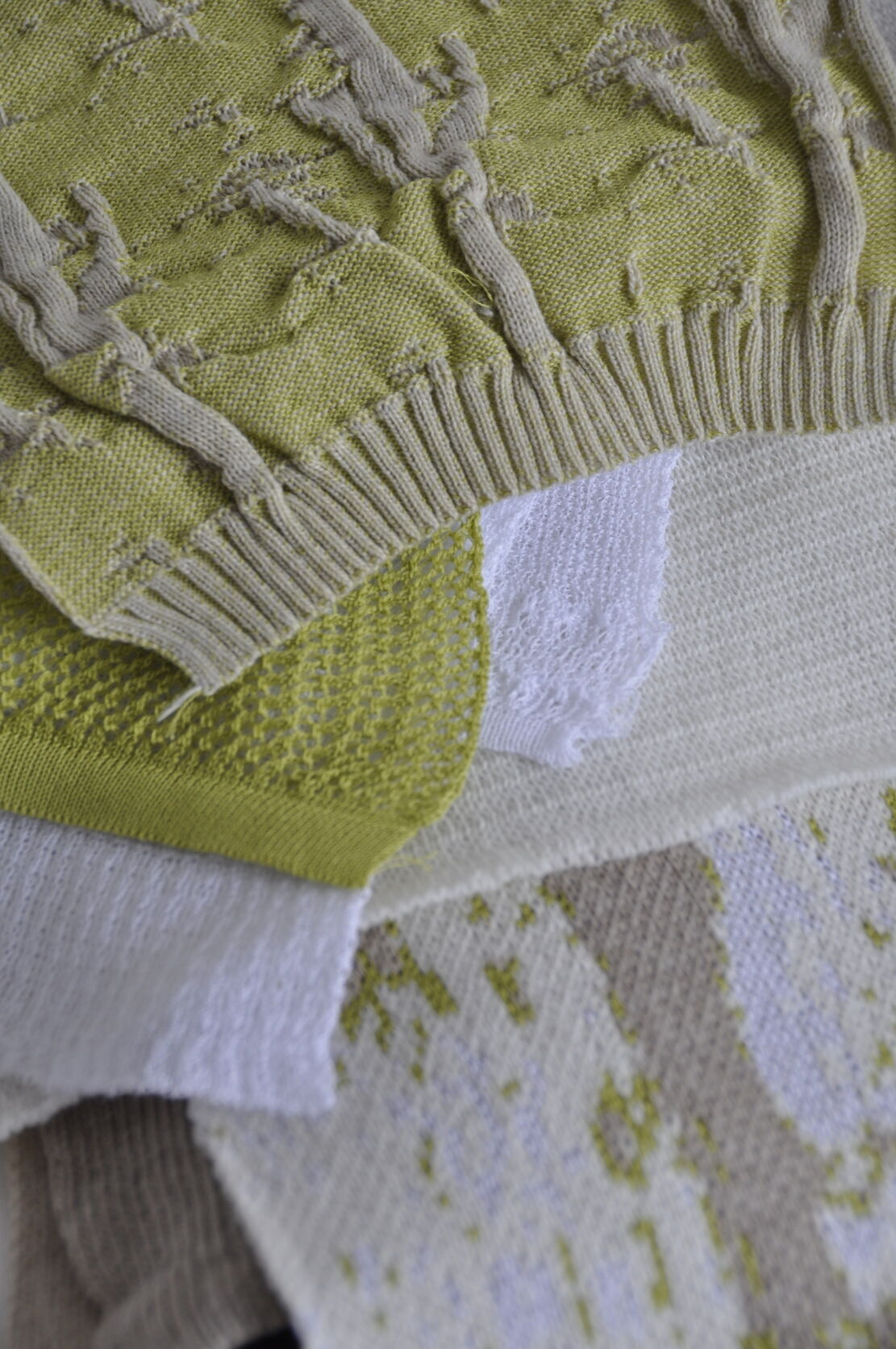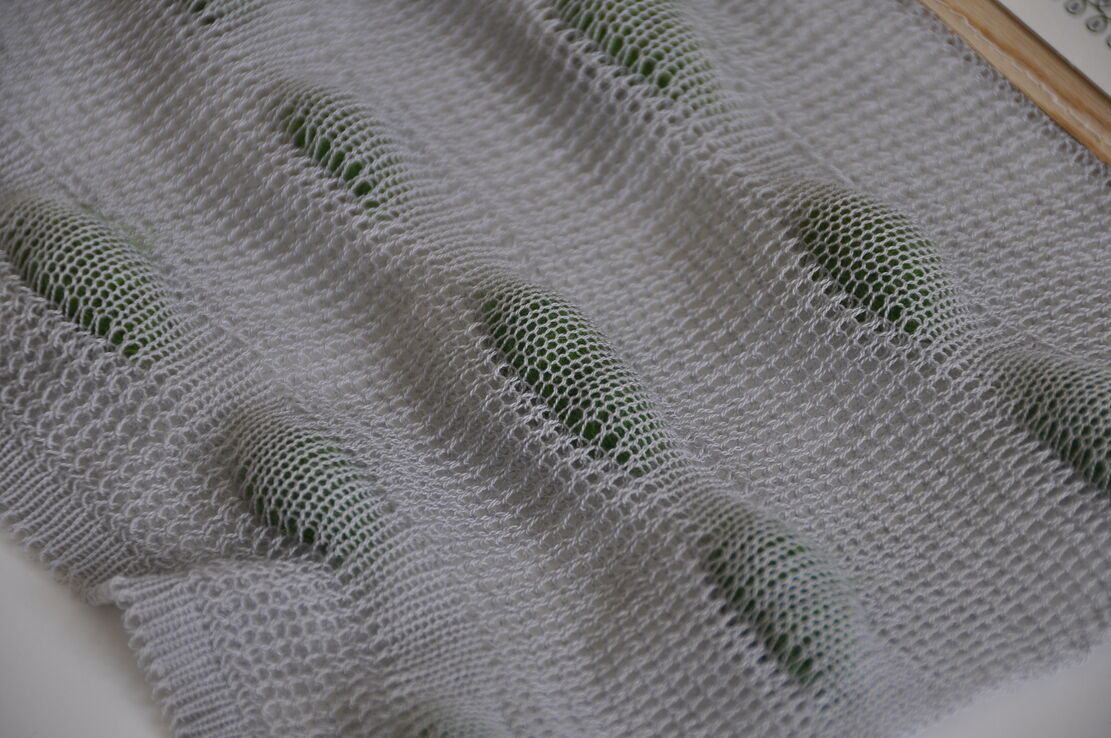"Textile Design in the Current Context" is dedicated to changing topics in each case that are socially and technically relevant in the context of textiles and clothing and addresses Bachelor students from all faculties of the faculty equally. The goal of the course is to develop an understanding of sustainable textile design and to incorporate this into the design of sustainable textile products. Students will learn approaches, background information and design strategies on the topics of sustainable textile design, such as on the topic of "Design4Recycling Jeans", "The Pants of the Future".



